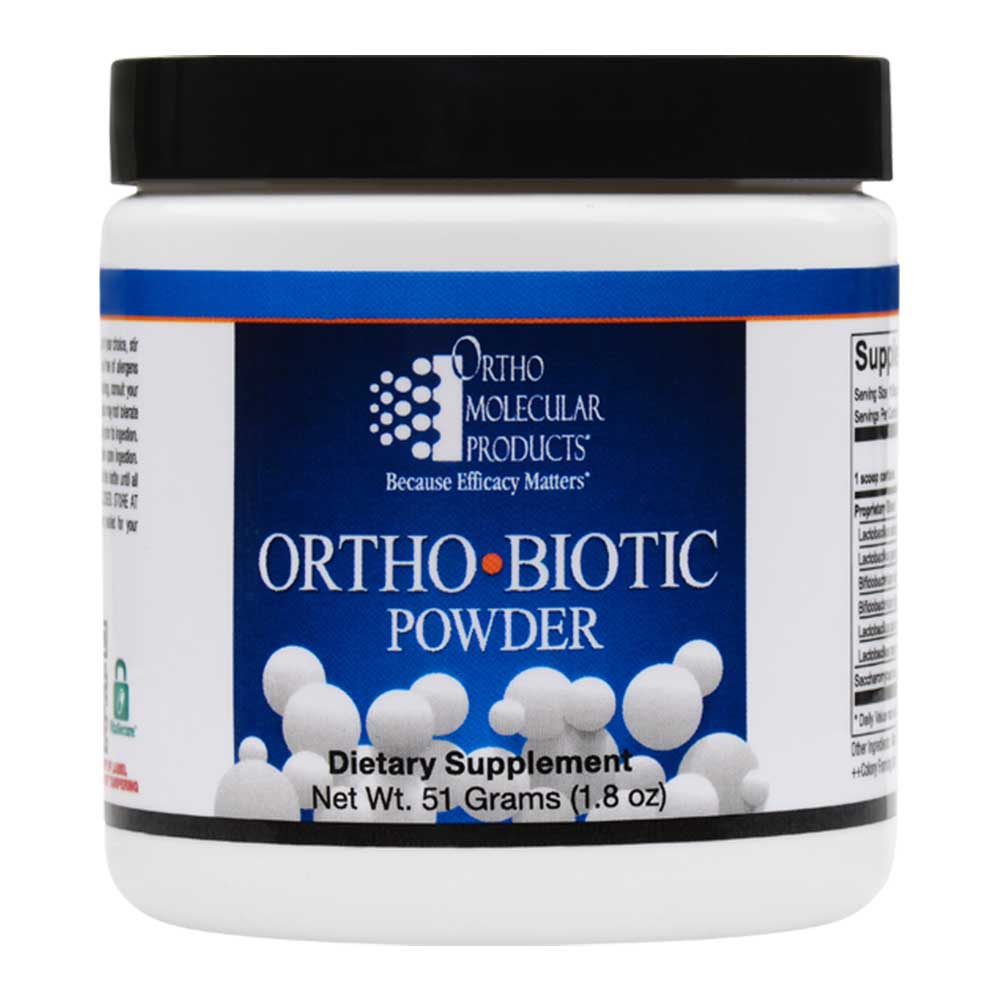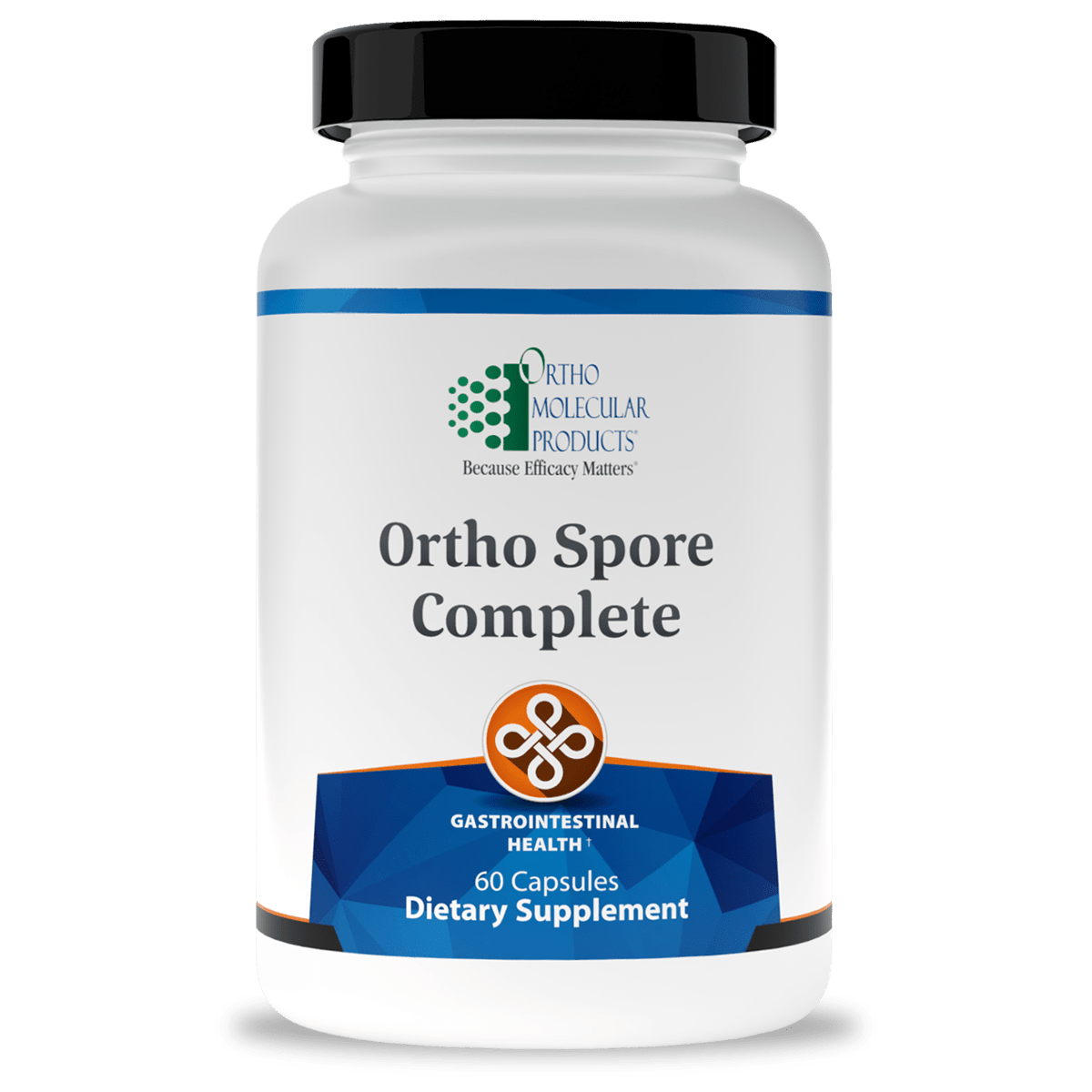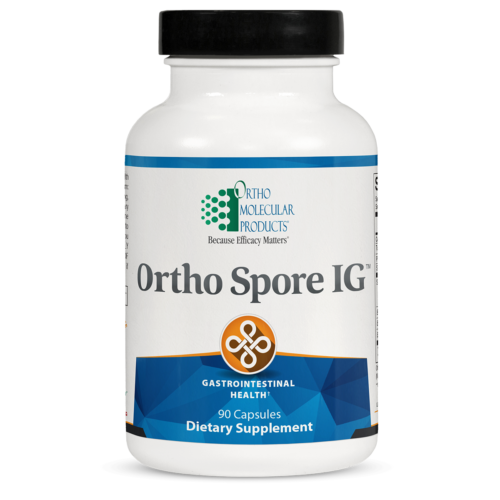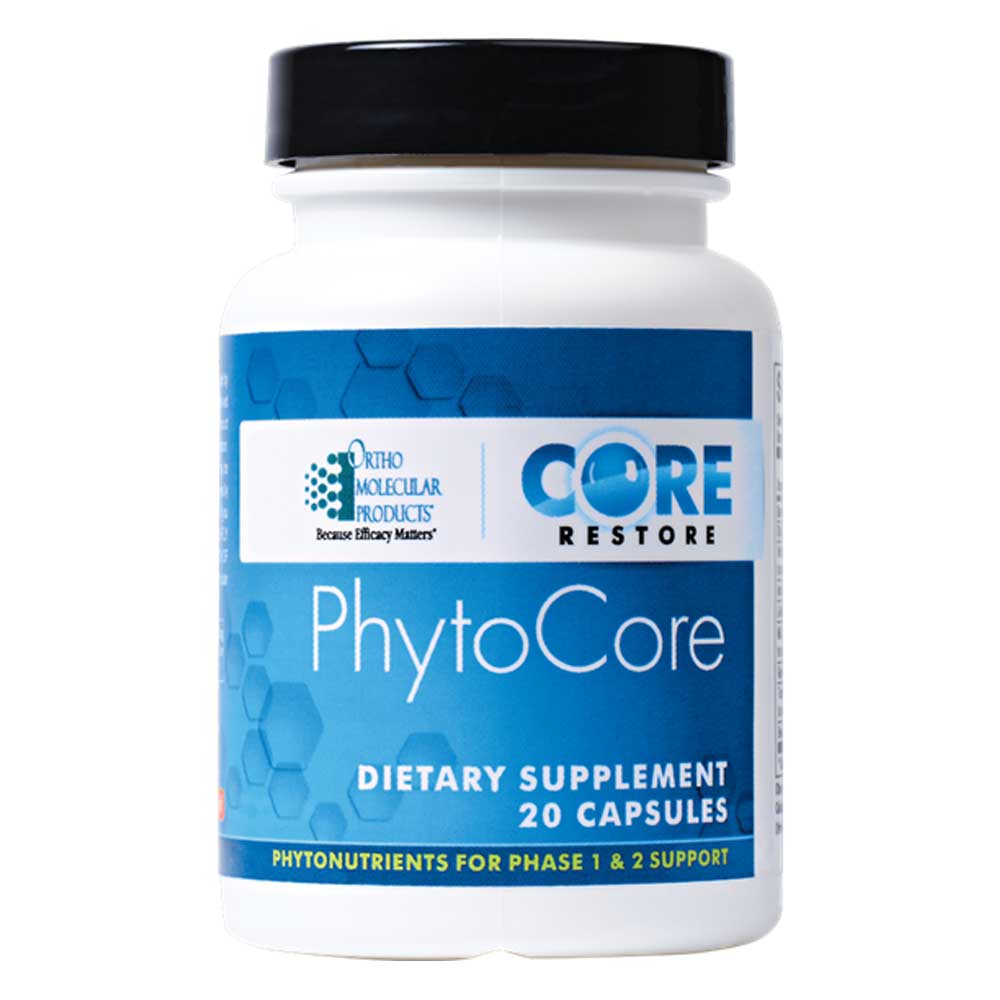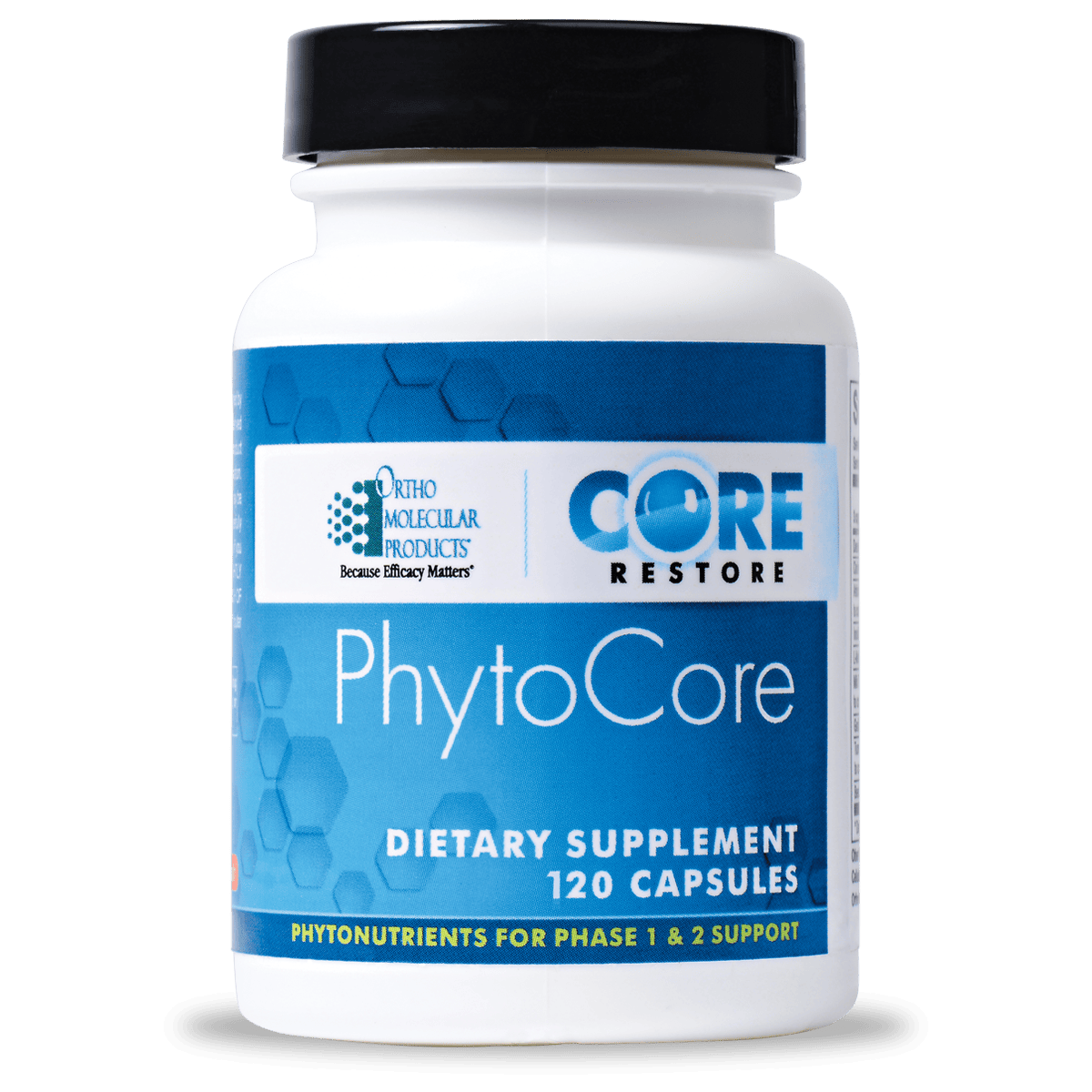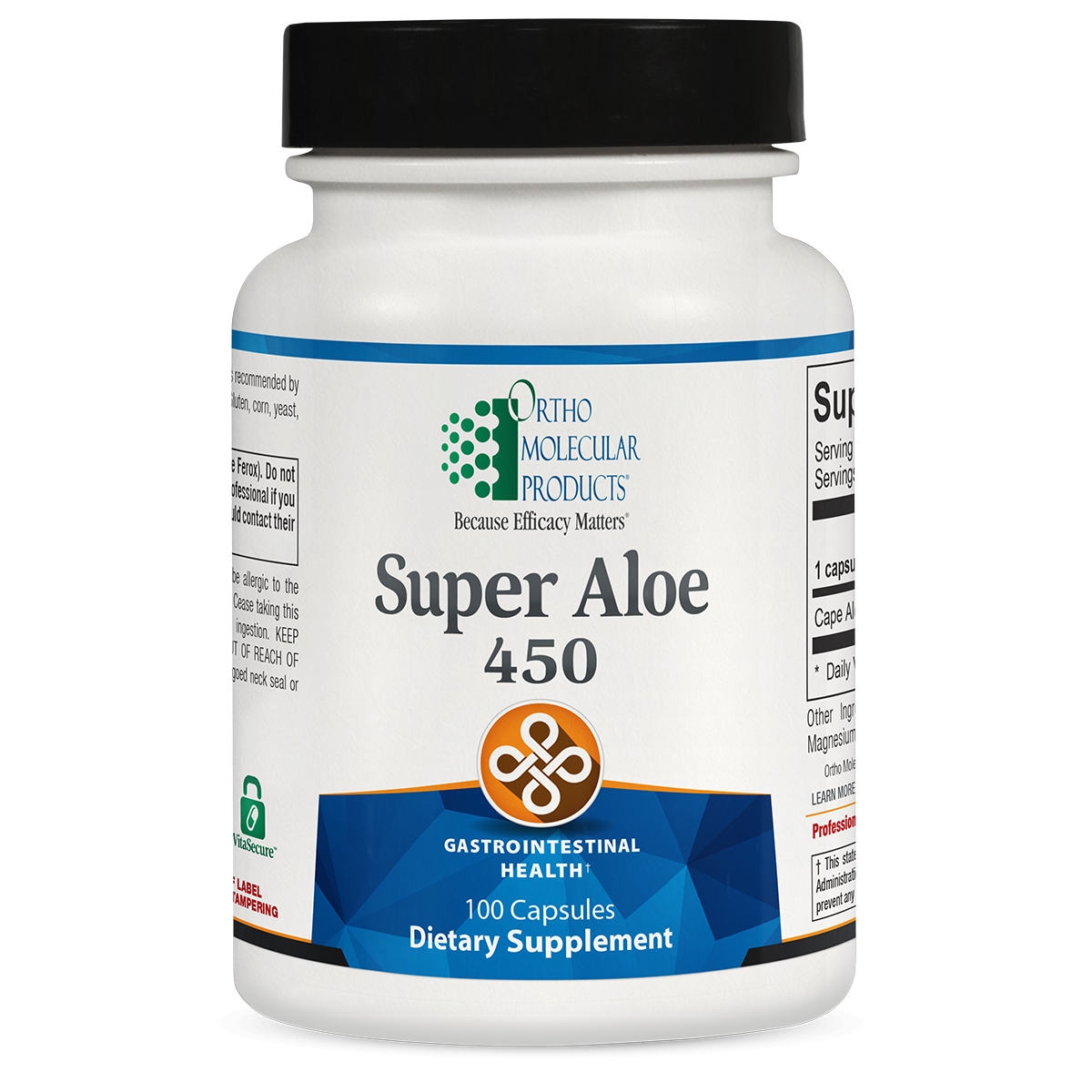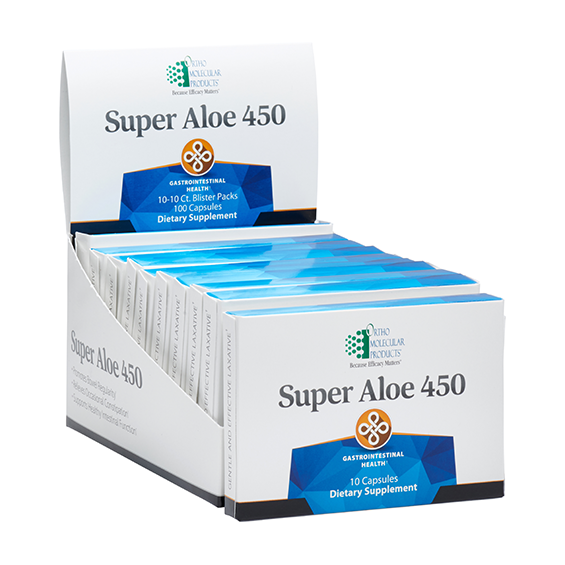-
Sale!
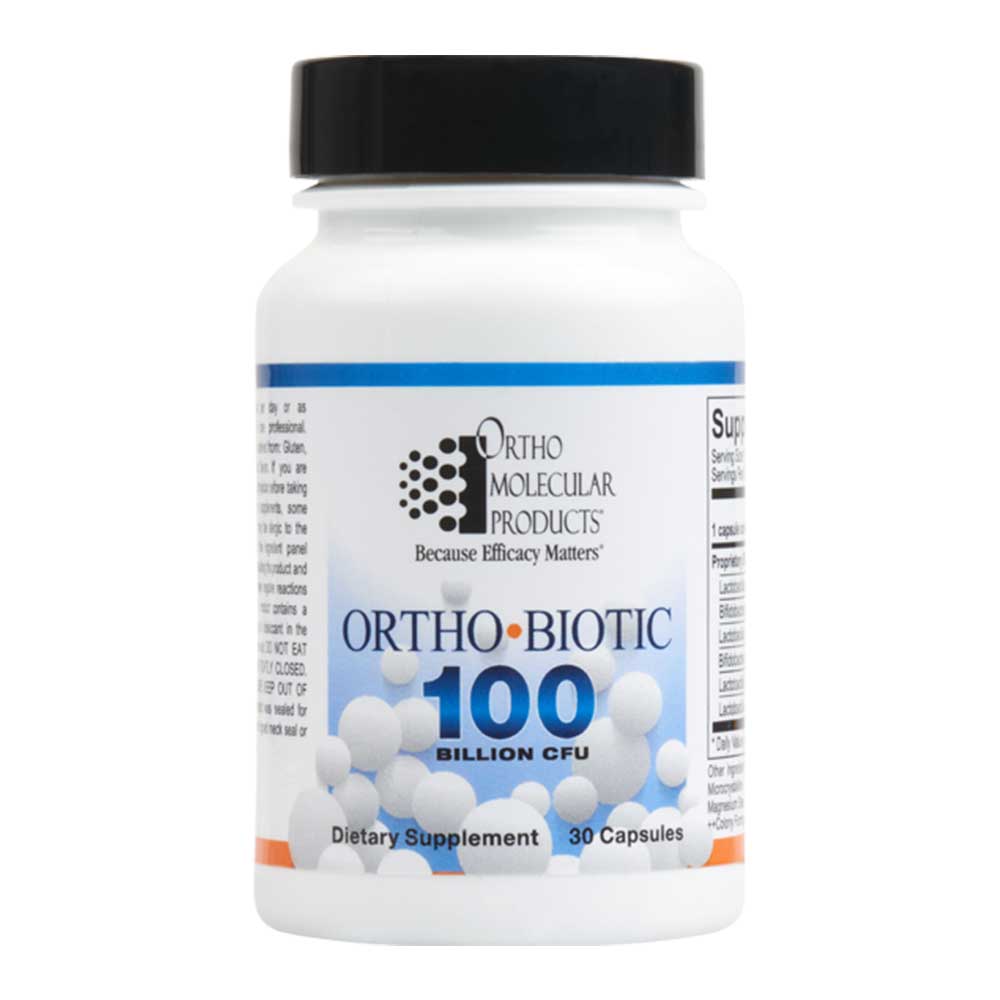 INGREDIENT BENEFITSLactobacillus acidophilus (La-14) Lactobacillus acidophilus is a beneficial bacteria strain that is normally found in the intestinal tract and mouth, and is commercially used in dairy products for the production of acidophilus-type yogurt. L. acidophilus ferments various carbohydrates to produce lactic acid, which increases the absorption and bioavailability of minerals. Lactobacillus paracasei (Lpc-37) Lactobacillus paracasei has been shown to protect against the harmful effects of unwanted bacteria. L. paracasei colonizes the intestinal tract by reinforcing defense mechanisms that support an immune response. Bifidobacterium bifidum (Bb-02) Bifidobacterium bifidum has been shown to effectively compete with harmful bacteria. Bifidobacterium lactis (BI-04) Bifidobacterium lactis is predominantly found in the colon. A double-blind, randomized placebo-controlled trial on subjects receiving B. lactis or placebo for eight weeks found that B. lactis supported a balanced immune response in individuals hypersensitive to environmental allergens. Lactobacillus plantarum (Lp-115) Lactobacillus plantarum is beneficial bacteria commonly found in fermented foods including sauerkraut, pickles, brined olives and sourdough. L. plantarum has been found to compete against unwanted bacteria, due to the production of bacteriocins (lethal proteins) that inhibit bacterial growth. Lactobacillus rhamnosus (GG) Lactobacillus rhamnosus has been proven to have remarkable survivability in the acid and bile environments in the GI tract.
INGREDIENT BENEFITSLactobacillus acidophilus (La-14) Lactobacillus acidophilus is a beneficial bacteria strain that is normally found in the intestinal tract and mouth, and is commercially used in dairy products for the production of acidophilus-type yogurt. L. acidophilus ferments various carbohydrates to produce lactic acid, which increases the absorption and bioavailability of minerals. Lactobacillus paracasei (Lpc-37) Lactobacillus paracasei has been shown to protect against the harmful effects of unwanted bacteria. L. paracasei colonizes the intestinal tract by reinforcing defense mechanisms that support an immune response. Bifidobacterium bifidum (Bb-02) Bifidobacterium bifidum has been shown to effectively compete with harmful bacteria. Bifidobacterium lactis (BI-04) Bifidobacterium lactis is predominantly found in the colon. A double-blind, randomized placebo-controlled trial on subjects receiving B. lactis or placebo for eight weeks found that B. lactis supported a balanced immune response in individuals hypersensitive to environmental allergens. Lactobacillus plantarum (Lp-115) Lactobacillus plantarum is beneficial bacteria commonly found in fermented foods including sauerkraut, pickles, brined olives and sourdough. L. plantarum has been found to compete against unwanted bacteria, due to the production of bacteriocins (lethal proteins) that inhibit bacterial growth. Lactobacillus rhamnosus (GG) Lactobacillus rhamnosus has been proven to have remarkable survivability in the acid and bile environments in the GI tract. -
Sale!
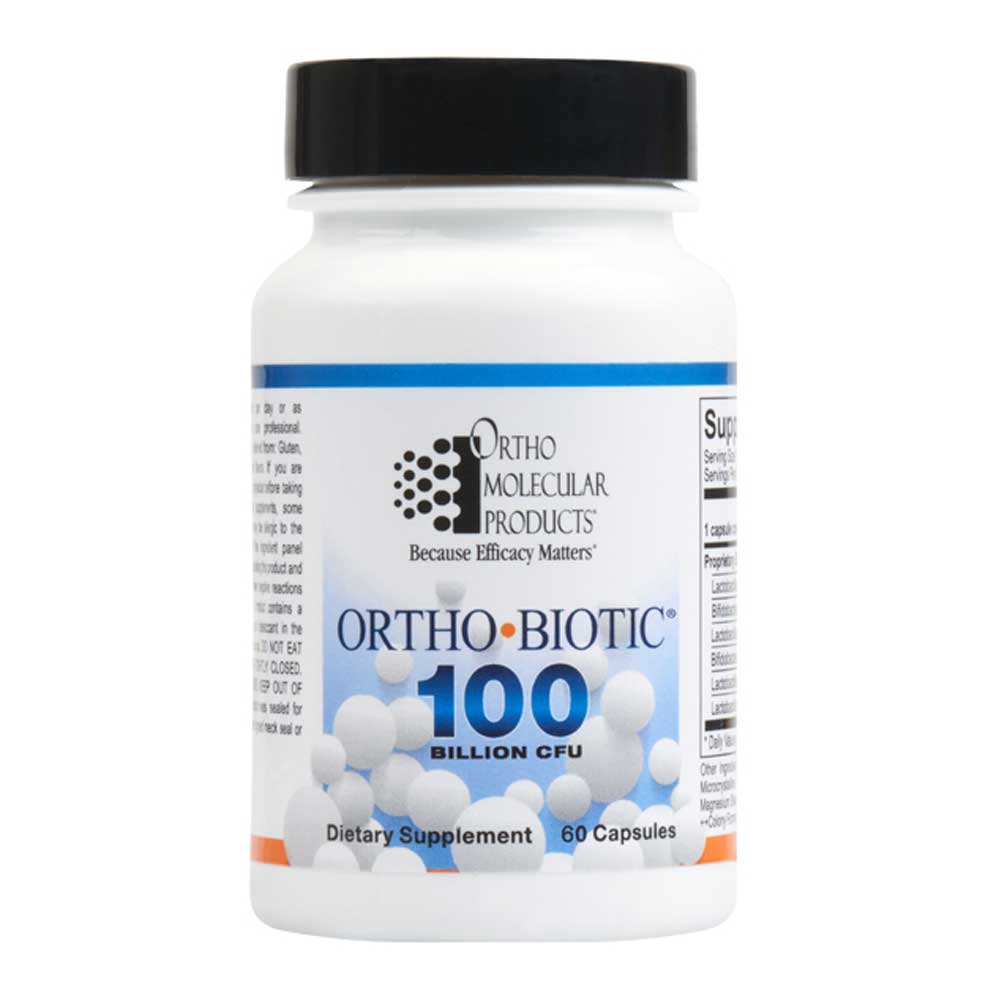 INGREDIENT BENEFITSLactobacillus acidophilus (La-14) Lactobacillus acidophilus is a beneficial bacteria strain that is normally found in the intestinal tract and mouth, and is commercially used in dairy products for the production of acidophilus-type yogurt. L. acidophilus ferments various carbohydrates to produce lactic acid, which increases the absorption and bioavailability of minerals. Lactobacillus paracasei (Lpc-37) Lactobacillus paracasei has been shown to protect against the harmful effects of unwanted bacteria. L. paracasei colonizes the intestinal tract by reinforcing defense mechanisms that support an immune response. Bifidobacterium bifidum (Bb-02) Bifidobacterium bifidum has been shown to effectively compete with harmful bacteria. Bifidobacterium lactis (BI-04) Bifidobacterium lactis is predominantly found in the colon. A double-blind, randomized placebo-controlled trial on subjects receiving B. lactis or placebo for eight weeks found that B. lactis supported a balanced immune response in individuals hypersensitive to environmental allergens. Lactobacillus plantarum (Lp-115) Lactobacillus plantarum is beneficial bacteria commonly found in fermented foods including sauerkraut, pickles, brined olives and sourdough. L. plantarum has been found to compete against unwanted bacteria, due to the production of bacteriocins (lethal proteins) that inhibit bacterial growth. Lactobacillus rhamnosus (GG) Lactobacillus rhamnosus has been proven to have remarkable survivability in the acid and bile environments in the GI tract.
INGREDIENT BENEFITSLactobacillus acidophilus (La-14) Lactobacillus acidophilus is a beneficial bacteria strain that is normally found in the intestinal tract and mouth, and is commercially used in dairy products for the production of acidophilus-type yogurt. L. acidophilus ferments various carbohydrates to produce lactic acid, which increases the absorption and bioavailability of minerals. Lactobacillus paracasei (Lpc-37) Lactobacillus paracasei has been shown to protect against the harmful effects of unwanted bacteria. L. paracasei colonizes the intestinal tract by reinforcing defense mechanisms that support an immune response. Bifidobacterium bifidum (Bb-02) Bifidobacterium bifidum has been shown to effectively compete with harmful bacteria. Bifidobacterium lactis (BI-04) Bifidobacterium lactis is predominantly found in the colon. A double-blind, randomized placebo-controlled trial on subjects receiving B. lactis or placebo for eight weeks found that B. lactis supported a balanced immune response in individuals hypersensitive to environmental allergens. Lactobacillus plantarum (Lp-115) Lactobacillus plantarum is beneficial bacteria commonly found in fermented foods including sauerkraut, pickles, brined olives and sourdough. L. plantarum has been found to compete against unwanted bacteria, due to the production of bacteriocins (lethal proteins) that inhibit bacterial growth. Lactobacillus rhamnosus (GG) Lactobacillus rhamnosus has been proven to have remarkable survivability in the acid and bile environments in the GI tract.


